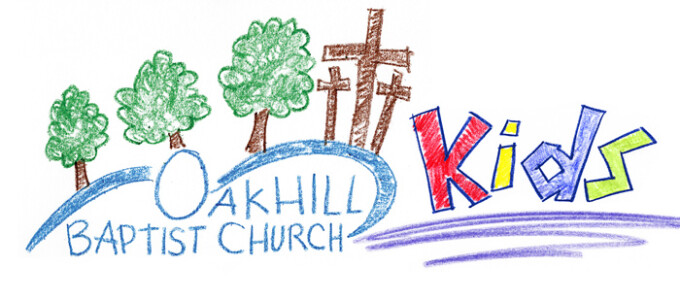FEBRUARY 2017 SPIRITUAL DEVELOPMENT

I have recently been rereading through Dr. Don Whitney’s book Spiritual Disciplines for the Christian Life. If you have not read this book I would commend it to you highly. It is an approachable, practical guide on how to cultivate spiritual disciplines of Bible intake, prayer, worship, and others. The section that has made the biggest impact on me so far is about how Christians are to meditate on God’s Word.
Meditation is the step most often neglected as we take in the truth of the Bible. We can be good at hearing, reading, studying, and even memorizing Scripture, but meditation is where the truth of Scripture is distilled into the day-to-day activities of someone’s life. Unfortunately, the idea of meditation if often associated with the New Age practice of emptying one’s mind in order to achieve mental passivity. But the Bible advocates meditation that fills one’s mind with God and His truth. The following quote helps illustrate the necessity for meditation:
“A simple analogy of how meditation works would be a cup of tea. In this analogy your mind is the cup of hot water and the tea bag represents your intake of Scripture. Hearing God’s Word is like one dip of the tea bag into the water. Some of the tea’s flavor is absorbed by the water, but not as much as would occur with a more thorough soaking of the bag. Reading, studying, and memorizing God’s Word are like additional plunges of the tea into the cup. The more frequently the tea enters the water, the more permeating its effect. Meditation, however, is like immersing the bag completely and
letting it steep until all the rich tea flavor has been extracted and the hot water is thoroughly tinctured reddish brown. Meditation on Scripture is letting the Bible brew in your brain.”
Dr. Whitney gives many examples of how to implement meditation into your life that are too numerous to list here, which is why I recommend this book to you, but here are a few that stand out.
First, rewrite the text into your own words. Paraphrasing the verse you are considering is a good way to make sure that you understand the meaning of the text. How would you convey the content of the verse faithfully, yet without using the words of the verse?
Second, think of an illustration of the text. What picture explains it? Jesus himself utilized this method when he compared the kingdom of God to a mustard seed in Luke 13:18-21.
Third, look for applications of the text. The outcome of meditation should be application. Meditation is incomplete without some kind of application, like chewing without swallowing.
Lastly, pray through the text. Biblical meditation must always involve two parties – the Christian and the Holy Spirit. Praying over a text is the Christian’s invitation for the Holy Spirit to hold His divine light over the words of Scripture to show what you cannot see without Him.
The key to mediation is to not rush. Take your time. Read less (if necessary) in order to meditate more. There’s no value in reading more if at the end you cannot recall anything of what you have read. My prayer is that we would all grow in our ability to meditate on God and His truth, and that the Word of God would become more precious to us as each day passes.

